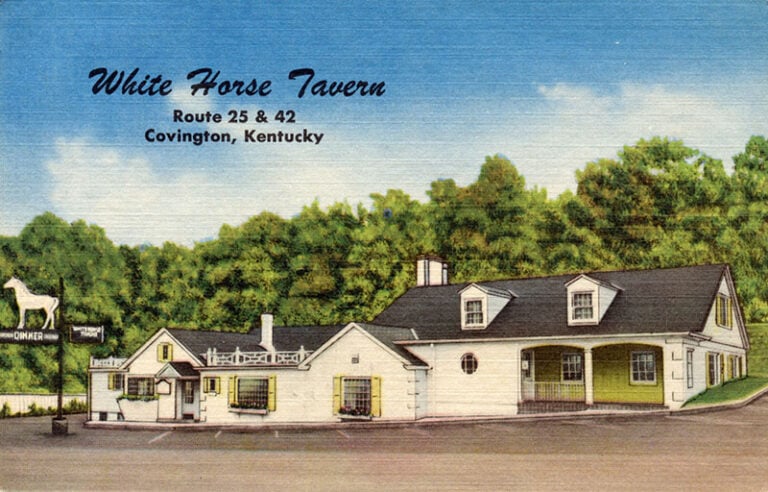I was born in Letcher County in Southeast Kentucky, in the old company town of Jenkins on the border with Virginia. My grandfather (he died of black lung) and his brothers were coal miners who lived and raised their families in coal camp houses without indoor plumbing, shopped at the company stores and had to grow their own food to survive.
My own family left Eastern Kentucky in 1963 so my father could find work. We moved to Virginia and then Florida before returning in the early ‘70s to Whitesburg where I finished high school.
I worked on strip mines in Letcher and Perry County in the ‘70s and early ‘80s, and I lived there into the ‘90s. As a native East Kentuckian – one who’s worked in mining and industries peripheral to the mining industry – I am embarrassed for anyone from Kentucky or, more specifically, Eastern Kentucky, who has fallen for the lies or believes there really exists a “War on Coal.”
Anyone with any experience or history in the region knows coal has always been boom or bust, a cycle established over a century of coal operations. There have been prosperous times (the coal boom of the early ‘70s when Pike County had more millionaires per capita than anywhere else in the nation) and several mini-booms before and since.
But, more often, extended periods of “bust” – periods of unemployment, deprivation, “on the dole,” out-migration to places where jobs can be found … all those symptoms Eastern Kentucky experienced before and since Lyndon Johnson visited Mr. Fletcher in Pike County when he declared the War on Poverty.
A coal miner is a carpenter when the mines are closed. If one is forced to one leaves “home” as did my family (it’s always “home” no matter how far you go away from the hills) to find work. What this all means is that “Reading, Writing and Route 23” didn’t just happen since 2009 because Barak Obama was elected – that path to Ohio, Detroit or south and west was used for decades before he entered office.
It was written about in such novels as Harriet Simpson Arnow’s The Dollmaker, in song by Dwight Yoakam and in Harry Caudill’s many books about the negative impact of coal on the region and the political power coal wields in the Commonwealth. Many, many factors affect that pattern of boom and bust and today’s economic problems are the result, exacerbated by the Great Recession.
Here’s a dose of reality: when George W. Bush came into office in 2001 there were 654 coal-fired plants in this nation – and when he slithered out of office in 2009 there were 595. Bush’s War on Coal? When Mitch McConnell came into office three decades ago, there were almost 70,000 jobs in the coal industry nationally – now there is less than one-third that number. McConnell’s War on Coal?
Go back a little further, to Charles Kuralt’s CBS documentary about Christmas in Appalachia in 1965, when, about 13 minutes into the video, Kuralt asked a store owner in Letcher County about jobs and unemployment in the area. Why were so many without jobs, he asked? The store owner, seen giving credit to customers so they could survive, replied it was “machines,” mechanization – the industry didn’t need as many workers. That was in 1965 – it’s only become worse for miners with mountain top removal, continuous miners and the like.
Let’s talk about those plants McConnell claims he is worried about – some of them were and are 80 years old, and closed through attrition. Or because other forms of energy have become more available and less expensive. Natural gas was over $15 per million BTU in 2005 and today it’s about $4 per million BTU.
But, then there may not be a market for the product. Arch Mineral in East Kentucky laid off hundreds of miners this year and closed operations because of a glut in the metallurgical coal market. Even as mine owners complained about the EPA, they were closing operating mines. Obama’s War on Coal?
The need for someone to blame is perhaps natural – and Republicans and Mitch and Rand are quite willing to point to Pres. Obama. What Republicans, Mitch and Rand are not so willing to do is be honest with Kentuckians.
Time, technology, market forces, other forms of energy competing with coal – that’s reality, not the War on Coal myth manufactured by the industry and marketed by Republicans. If Kentuckians fall for those lies this year, they have only themselves to blame for the consequences of that election and Kentucky’s time in the desert will be extended.
Bill Adkins is a attorney in Williamstown and chairman of the Grant County Democratic Executive Committee.




















